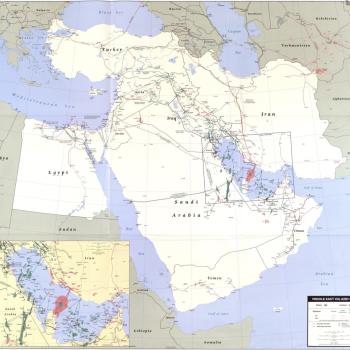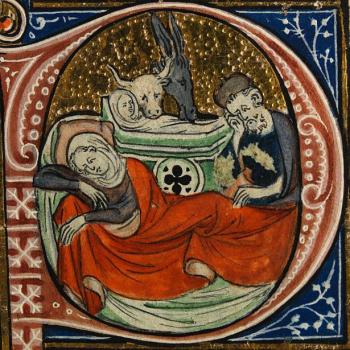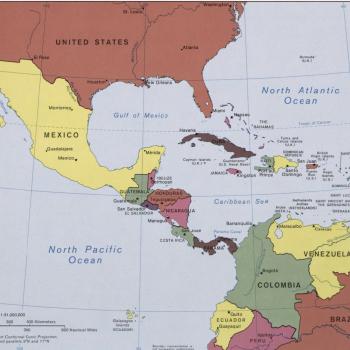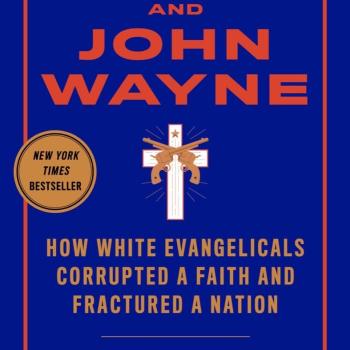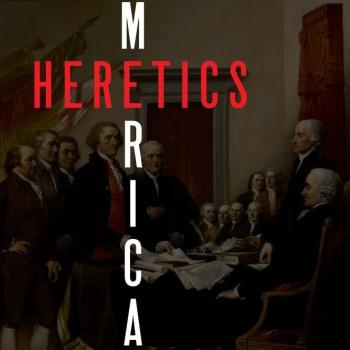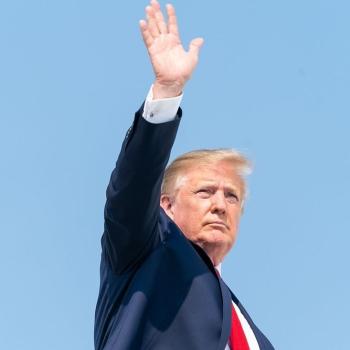Empires are a very hot issue in historical scholarship right now, and missions and missionaries are an important part of the subject. That goes far beyond a crude stereotype of the missionary as a cynical servant of empire, preparing the way for conquest and exploitation. The relationship between missions and empire is complex, and especially so in an American context. That is one theme I am discussing right how in the book I am presently writing on Religion and American... Read more


